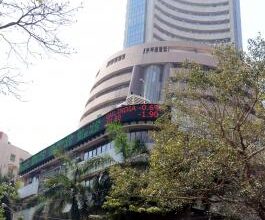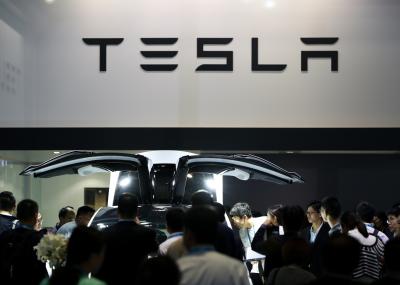Samsung Reduces Procurement Orders Amid Inventory Pressure: Report

Seoul, June 16: Samsung Electronics has reportedly halted new procurement orders for a brief period, telling suppliers to either delay or reduce shipments of components and parts owing to global macro-economic conditions like rising inflation, the media reported on Thursday.
A Nikkei Asia report, citing sources, said that the postponement of orders involves a wide range of components, including chips, electronics parts and final product packages.
The order applies to components for multiple key product lines, including TVs, home appliances and smartphones, the report noted.
“Samsung Electronics is temporarily halting new procurement orders and asking multiple suppliers to delay or reduce shipments of components and parts for several weeks due to swelling inventories and global inflation concerns,” the report said, citing sources.
#Samsung (@Samsung) Electronics has reportedly halted new procurement orders for a brief period, telling suppliers to either delay or reduce shipments of components and parts owing to global macro-economic conditions like rising #inflation, the media reported. pic.twitter.com/P4L5jdjQNA
— IANS (@ians_india) June 16, 2022
The report said that Samsung needs to review its inventory levels of both components and final products to ensure stock on hand are manageable.
Samsung Electronics outstripped Intel to become the world’s No. 1 chipmaker by revenue last year, earning $82.3 billion compared with $79 billion posted by Intel, retaking the spot after three years.
The South Korean giant is also expected to hold a groundbreaking ceremony for a $17 billion chip fabrication plant in Taylor, Texas, this month. The company said it expected the facility to go fully operational in the second half of 2024.
Samsung Electronics said last month it will invest $355 billion in semiconductor and biopharmaceuticals for the next five years, as South Korea’s largest company seeks to further expand its business in future growth areas.
Samsung also expected the investment to nurture a fabless ecosystem in South Korea, which in turn will drive growth in electric cars, smart factories, robotics and smart home appliances.






